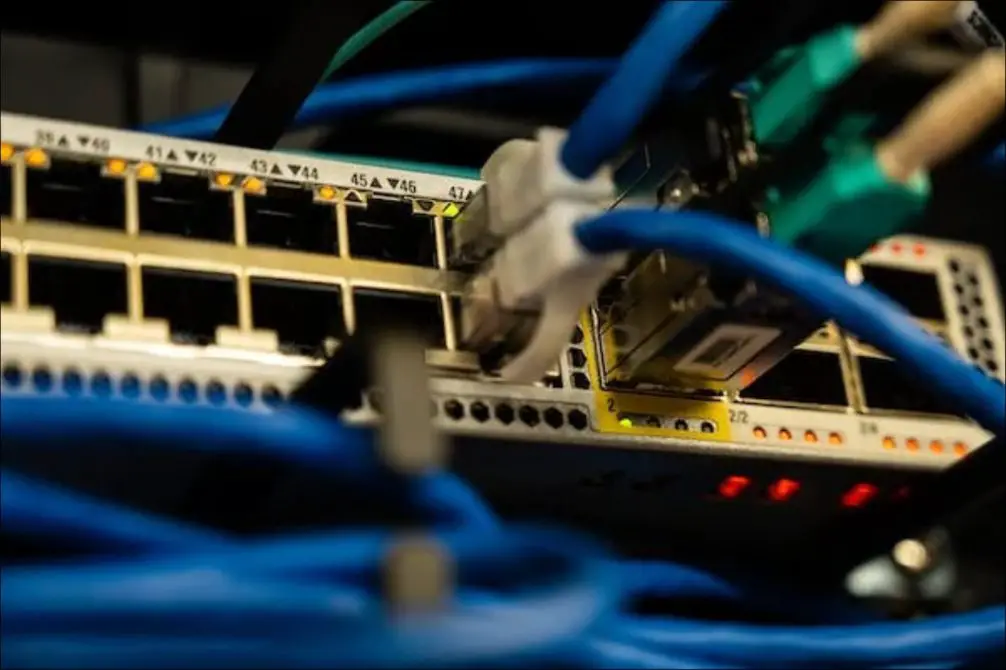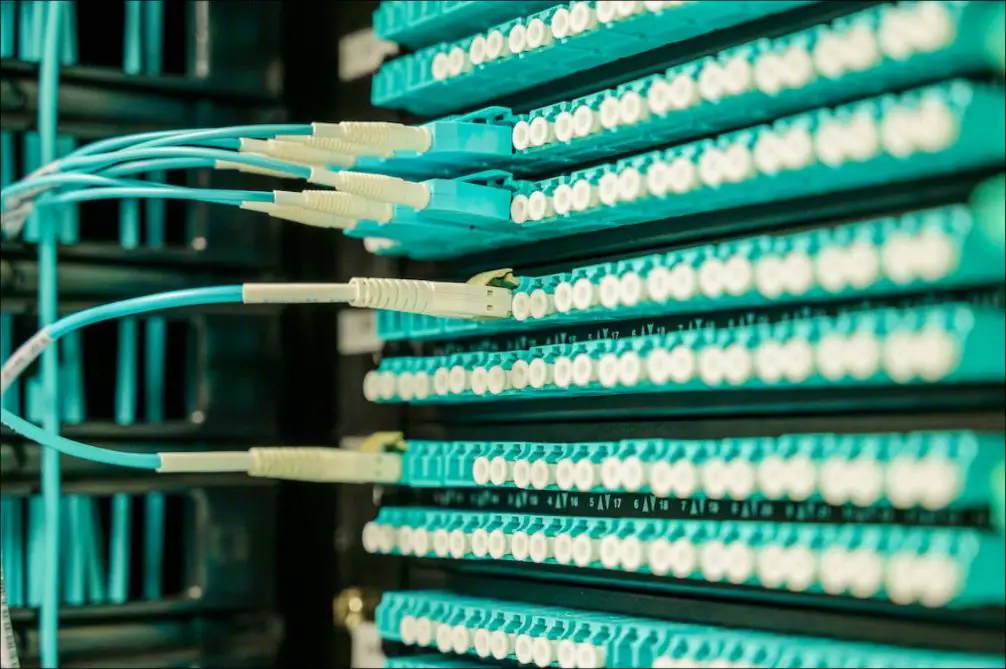
Hosting a private game server can be a great way to play your favorite games with friends, but it also comes with certain security risks. Hackers and other malicious actors may try to access your server and steal sensitive information or cause disruptions to your gaming experience. In this essay, we will discuss some useful security tips that you can use to protect your private game server.

Stay up to date
The first and most important tip is to keep your server software and operating system up to date. Game server software and operating systems often receive updates that include security patches and bug fixes. Failing to update your software and operating system can leave your server vulnerable to known security threats. Make sure to check for updates regularly and install them as soon as they become available.
Creating a password
Another important tip is to use strong and unique passwords for your server and any associated accounts. This includes the server admin account, database accounts, and any other accounts that are used to manage your server. Avoid using easily guessable passwords such as “password” or “1234” and use a mix of letters, numbers, and special characters.
Limit access
Another tip to secure your server is to limit access to the server by only allowing trusted players or friends to join. You can achieve this by whitelisting IP addresses or using a plugin or mod that allows you to control access. This will prevent unknown players from joining your server and potentially causing problems. As the team at 1GServerHost explain, a private server gives you the protection and security you need for a better gaming experience. Whitelisting IP addresses is a security measure that allows you to specify a list of IP addresses that are allowed to access your server. Any incoming connections from IP addresses that are not on the whitelist will be blocked.
Safety comes first
It’s also important to secure your router by disabling remote management, changing the default login credentials, and enabling WPA2 encryption for your wireless network. By doing this, you will make it more difficult for hackers to gain access to your network and your server. Hackers can gain access to your network and server in a variety of ways, including through brute force attacks, exploiting software vulnerabilities, phishing, and remote management. It is important to be aware of these methods and take appropriate steps to protect your network and server. This includes using strong and unique passwords, securing your router, limiting access to the server, using a firewall, and monitoring your server logs regularly.
Having a firewall
You should also consider using a firewall to block unwanted incoming traffic to your server. A firewall can help prevent hackers and other malicious actors from accessing your server and causing disruptions to your gaming experience.
A firewall is a system that monitors and controls the incoming and outgoing network traffic based on a set of security rules. Firewalls can be implemented in hardware, software, or a combination of both. In addition to the above tips, it’s also important to monitor your server logs regularly; this can help you identify any suspicious activity and take appropriate action.
Here are a few things to consider when using a firewall:
- Inbound and Outbound traffic: A firewall can be configured to control both inbound and outbound traffic. Inbound traffic refers to incoming connections to your server, while outbound traffic refers to connections initiated by your server. By controlling both inbound and outbound traffic, a firewall can help prevent unauthorized access to your server and protect against malware that may be present on your server.
- Port filtering: Firewalls can be configured to allow or block traffic based on the port number used in the connection.
- Packet filtering: Firewalls can be configured to filter traffic based on the IP address, protocol, and other parameters of the packets being transmitted.
- Stateful inspection: Stateful inspection firewalls can keep track of the state of a connection and make sure the traffic is legitimate and not malicious.

In conclusion, hosting a private game server can be a great way to play your favorite games with friends, but it also comes with certain security risks. By following the tips discussed in this essay, you can take steps to protect your private game server from potential security threats. Keeping your server software and operating system up to date, using strong and unique passwords, securing your router, limiting access to the server, using a firewall, and monitoring your server logs regularly are all important steps that you can take to ensure the security of your private game server.